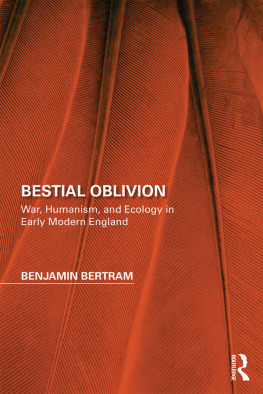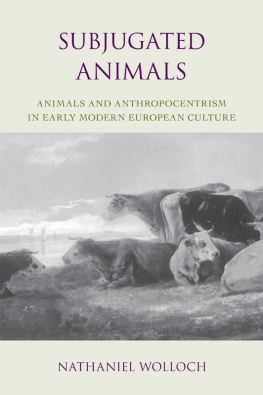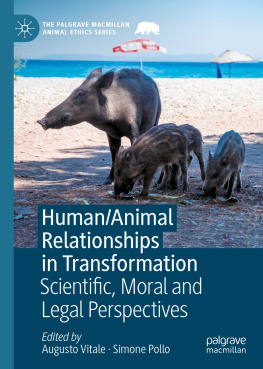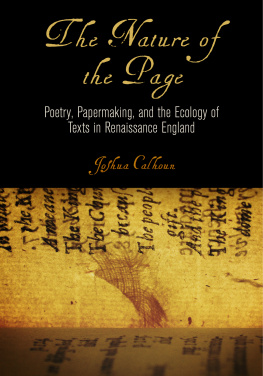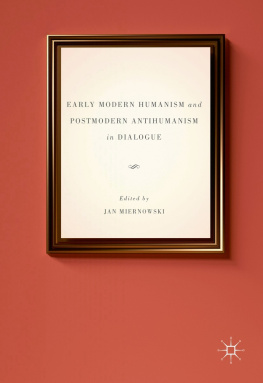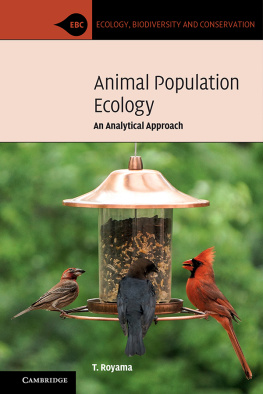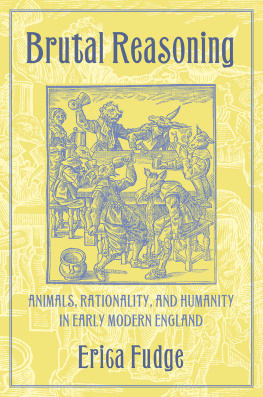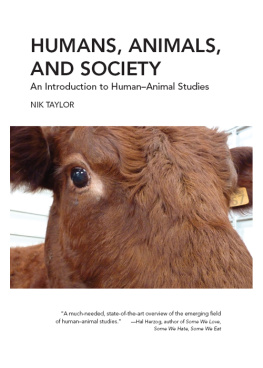First published 2018
by Routledge
711 Third Avenue, New York, NY 10017
and by Routledge
2 Park Square, Milton Park, Abingdon, Oxon OX14 4RN
Routledge is an imprint of the Taylor & Francis Group, an informa business
2018 Taylor & Francis
The right of Benjamin Bertram to be identified as author of this work has been asserted by him in accordance with sections 77 and 78 of the Copyright, Designs and Patents Act 1988.
All rights reserved. No part of this book may be reprinted or reproduced or utilised in any form or by any electronic, mechanical, or other means, now known or hereafter invented, including photocopying and recording, or in any information storage or retrieval system, without permission in writing from the publishers.
Trademark notice: Product or corporate names may be trademarks or registered trademarks, and are used only for identification and explanation without intent to infringe.
Library of Congress Cataloging-in-Publication Data
A catalog record for this book has been requested
ISBN: 978-1-138-70885-3 (hbk)
ISBN: 978-1-315-20108-5 (ebk)
Typeset in Sabon
by Apex CoVantage, LLC
Page numbers in italic indicate a figure on the corresponding page.
actor-network theory (ANT)
Adagia
Advancement of Learning, The
affect
amplification
androcentrism
animal: animality ; see also specific species
Anthropocene
anthropocentrism: in Bacon
Anthropolemocene
anthropological machine
antihumanism
appetite
armies see
arms race
Arno river
artillery
Art of War
ascetic ideal
assemblage
autopoiesis
benevolent assemblage
bestial oblivion
Big Fish Eat Little Fish
binaries see
Black Death
capitalism
Capitalocene
cartography
chorography
Christ
Christianity
church ales
climate change
colonialism
contemptus mundi
Convivium religiosum
corpus economicum
corpus politicum
Coryates Crudities
cosmography
cosmopolitanism
cross-staff
cyborgs
dance
death
deforestation
dehumanization
Dover Harbor
Dulce bellum inexpertise
dung beetle ecology
eagles
East India Company
eating
ecocriticism
ecologies see
ecology of peace
elephant
embodiment
Enchiridion militis Christiani
engine
environmentalism
ethics
ethnic hatred
exceptionalism see
eyes
feast
fortress architecture
foxes
friendship
funeral
Furies
gardens
gender
graveyard
great chain of being
gunpowder
Hamlet
Heidelberg
high/low
Holocene
horsemanship
horses
hospitality
human/animal
human empire
human exceptionalism
humanism
humankindness
hunting
hyperobjects
idealism
imperialism
Institutio principis Christiani
instrument making
interanimality
interdependence
Iraq
iron
Jacobean peace
Jacobean period
Jacobs staff
Larum for London, A
lion
listening
locus
London Reformers
Low Countries
luxury
machina mundi
male aggression
materiality
mathematical literacy
micro-macrocosm
military camps: animal and human contact in
military industrial complex
military manuals
military maps
military preparedness
military siege
military treatises
mirrors
Mongols
moral hygiene
Moriae encomium
musket see under
narcissism
nationalism
nation-state
necropolitics
New Atlantis
nonhuman
nonviolence
object-oriented ontology (OOO)
objects
Odysseus
Oikeios
ornamentalism
Parma
peace
pearls
platea
Platonism
poiesis
political corruption
posthuman
Prince
publics
readiness
reason
resilience
Royal Navy
Scarabaeus
sea metaphor
shame
sheep
shovel see under
Silk Road
slavery
social extension
social networks
speciesism
state husbandry
studia humanitatis
subjectivity
subject/object
sympoiesis
Tamburlaine, Parts One and Two
Tamerlane
Theatre of the Empire of Great Britain
theatrum mundi
Theatrum Orbis Terrarum
transcorporeality
travel
Tudor period
Turks
tyranny
unhuman
universal husbandry
unity
U.S.
Utopia
vegetarian ideal
Venice
virt
vita activa
vita contemplativa
war: and anthropocentrism
water
weaker elements
weapons and armor: as members of group
web of life
Yeoville
zoomorphism
Perspectives on the Non-Human in Literature and Culture
Series Editor: Karen Raber
University of Mississippi, USA
Literary and cultural criticism has ventured into a brave new world in recent decades: posthumanism, ecocriticism, critical animal studies, Object-Oriented Ontology, the new vitalism, Actor-Network Theory, and other related approaches have transformed the scholarly environment, reinvigo-rating our encounters with familiar texts, and inviting us to take note of new or neglected ones. A vast array of non-human creatures, entities, and forces are now emerging as important agents in their own right. Inspired by human concern for an ailing planet, literary scholarship has grappled with the question of how important works of art can be to the preservation of something we have traditionally called nature; yet literatures capacity to take us on unexpected journeys through the networks of affiliation and affinity we share with the earth on which we dwelland without which we dieis more important than ever. Non-human animals, machines, and other phenomena no longer function only as metaphors, emblems or analogies; now they populate literary and cultural analysis in increasingly complex ways, always in tension with our sense of what it means to be human. Recent theory has transformed our conception of the cosmos by dethroning the individual human subject and dismantling the comfortable categories through which we have interpreted its existence, while the rise of new materialisms that account for our entanglements with lively matter have relocated humanity from its impoverished, isolated space atop the mountain of creation to the fecund swamp of our kinship with all things.
Until now, however, the many objects, creatures, and agents in this wave of scholarship have had no single place to gather, no home that would nurture them as a collective project. Perspectives on the Non-Human in Literature and Culture gives scholarly treatments of diverse kinds of non-humans and humans that home. It is our goal for the series to provide an encounter zone where all forms of human engagement with the non-human in multiple periods and many national literatures can be explored, and where the discoveries that result can speak to one another, as well as to readers and students.
Novel Creatures
Animal Life and the New Millennium
Hilary Thompson
Bestial Oblivion
War, Humanism, and Ecology in Early Modern England
Benjamin Bertram
For more information about this series, please visit: www.routledge.com/Perspectives-on-the-Non-Human-in-Literature-and-Culture/book-series/PNHLC

